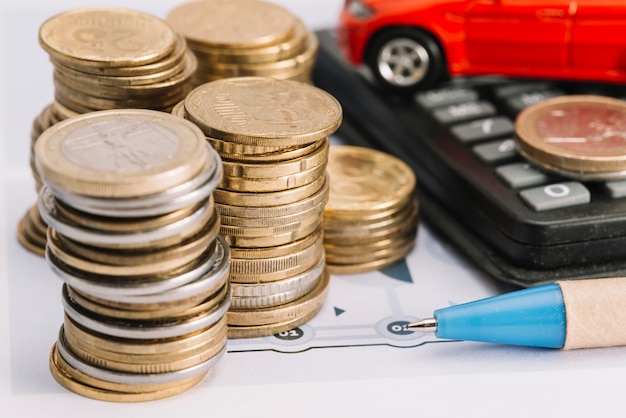Dodge Overdraft Fees Like a Pro: Ten Strategies to Keep Your Money Where It Belongs

Title:
Top 10 Tips to Keep Away from Overdraft Charges
Experiencing an overdraft on your bank account is really frustrating. When money’s already tight, the last thing you need is another fee from your bank. If you don’t address it immediately, these fees can add up, leaving you in a difficult financial spot. Here’s how to avoid these costly overdraft fees:
1. Don’t Fall for Overdraft Protection Traps:
Banks offer overdraft protection, which looks good at first sight, but could cost you a lot. The bank lets your payments go through even when you lack funds, but they will charge you for every such transaction. If you don’t opt for this protection, your purchase gets declined when funds are insufficient. This could be embarrassing but saves you from incurring overdraft fees.
2. Connect Your Savings to Your Checking Account:
A smarter way to avoid overdraft is to link your savings account to your checking one. If your checking account gets overdrawn, money is pulled automatically from your savings. This option does involve some fees, but they’re typically less than those for the courtesy overdraft protection.
3. Use Brigit:
Brigit is designed to help Americans dodge overdraft fees with free budgeting tools, real-time balance alerts, and overdraft predictions. It even offers a monthly plan with additional features like financial tracking tools and up to $250 to cover your bills without any interest or hidden fees.
4. Keep a Close Eye on Your Accounts:
Monitor your account regularly, know your balance, and keep track of all your transactions to prevent overdraft fees. Monthly statements review, an updated check register, a bank’s mobile app, and set-up low balance alerts are various ways to stay on top of things.
5. Opt for Credit Cards over Debit Cards for Certain Purchases:
Gas stations, rental car companies, and hotels often place a hold on your account when using a debit card, affecting your available balance. So, use a credit card instead for such purchases to avoid this situation.
6. Maintain a Buffer in Your Account:
Having a buffer in your account is an effective way to avoid overdraft fees. Money-making platforms like Swagbucks or Survey Junkie, along with plasma donation, can help you pad your account if you’re living paycheck-to-paycheck.
7. Prepare and Follow a Budget:
Understanding where your money is going can help you prevent an overdrawn account. With a budget, you can organize your finances better and ensure that every dollar is accounted for.
8. Set Up Auto-Payments:
For recurring bills, opt for automatic payments. This way, you’ll know exactly when the money will be taken from your account, preventing unexpected overdraft fees.
9. Address Overdrafts Immediately:
If you accidentally overdraw your account, try to rectify it asap. Deposit enough money to cover the transactions that overdrew your account, the fees, and any upcoming transactions.
10. Try to Have Overdraft Fees Waived:
If you’ve acted quickly to rectify your overdraft, you might ask the bank to waive overdraft fees. If you have a solid relationship with the bank, they might consider your request.
By following these tips, you can steer clear of unwanted overdrafts and unwanted bank fees.


